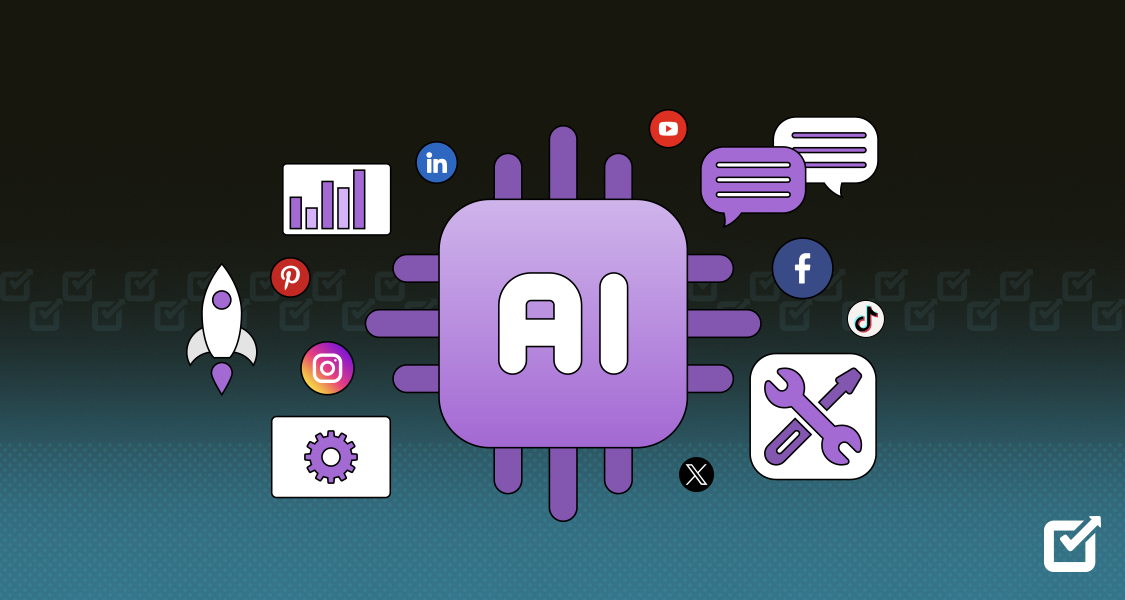
The Rise of CRISPR-Cas Technology and its Refinements
CRISPR-Cas9 gene editing has revolutionized biotechnology, offering a precise and relatively simple method to alter DNA sequences. However, initial applications faced limitations, such as off-target effects (unintended edits) and delivery challenges. Recent breakthroughs focus on improving the specificity of CRISPR systems through enhanced guide RNA design and the development of base editors and prime editors, which allow for more precise modifications without causing double-stranded DNA breaks. This increased precision significantly reduces the risk of unwanted consequences, making CRISPR a more viable tool for therapeutic applications.
Advancements in mRNA Vaccines and Therapeutics
The rapid development and deployment of mRNA vaccines against COVID-19 showcased the immense potential of this technology. mRNA vaccines are not only incredibly effective but also remarkably fast to produce, paving the way for rapid responses to emerging infectious diseases. Beyond vaccines, mRNA technology is being explored for a wide range of therapeutic applications, including cancer immunotherapy and the treatment of genetic disorders. Researchers are developing ways to improve the stability, delivery, and targeting of mRNA molecules, unlocking even greater therapeutic possibilities.
Cell and Gene Therapies: A Growing Field
Cell and gene therapies, including CAR T-cell therapy, are transforming the treatment of cancer and other debilitating diseases. CAR T-cell therapy involves genetically modifying a patient’s own immune cells to target and destroy cancer cells. While remarkably effective in some cases, this approach is expensive and complex. Current research is focused on improving the efficacy, reducing side effects, and expanding the range of cancers treatable with this technology. Furthermore, advancements in gene therapy are allowing scientists to address the root causes of genetic diseases by correcting faulty genes within a patient’s cells.
Artificial Intelligence (AI) and Machine Learning in Drug Discovery
The pharmaceutical industry is increasingly leveraging AI and machine learning to accelerate the drug discovery process. These technologies are used to analyze massive datasets of biological information, predict the efficacy and safety of drug candidates, and identify potential drug targets. AI algorithms can significantly reduce the time and cost associated with traditional drug development, potentially leading to the faster development of life-saving medications.
Personalized Medicine: Tailoring Treatments to Individuals
The field of personalized medicine is rapidly advancing, utilizing an individual’s genetic makeup, lifestyle, and environmental factors to tailor treatment plans. This approach recognizes that not all patients respond the same way to a given treatment, and it aims to optimize therapies based on individual characteristics. Advances in genomics, proteomics, and metabolomics are providing the data needed to develop increasingly personalized approaches to healthcare.
Synthetic Biology: Engineering Biological Systems
Synthetic biology aims to engineer new biological parts, devices, and systems or redesign existing natural biological systems for useful purposes. This field has the potential to revolutionize various industries, from manufacturing biofuels and biomaterials to developing novel diagnostic tools and therapies. For example, synthetic biologists are engineering microorganisms to produce valuable compounds, such as pharmaceuticals and industrial enzymes, in a sustainable and cost-effective manner. The ethical implications of this powerful technology require careful consideration and responsible development.
Overcoming the Challenges: Access and Equity
While the advancements in biotechnology offer tremendous potential, addressing challenges related to access and equity is crucial. Many of these breakthroughs are expensive, raising concerns about affordability and accessibility for patients worldwide. Ensuring equitable access to these life-changing technologies is a key priority for researchers, policymakers, and healthcare providers. Strategies to reduce costs, promote global collaboration, and ensure fair distribution are vital for maximizing the benefits of biotechnological advancements for all.
The Future of Biotech: Collaboration and Innovation
The future of biotechnology hinges on continued collaboration among researchers, clinicians, and industry partners. Open-source data sharing and international collaborations are essential for accelerating progress. Furthermore, fostering innovation requires a supportive regulatory environment that encourages responsible research and development while mitigating potential risks. By embracing these principles, we can harness the transformative power of biotechnology to improve human health and address global challenges. Read also about biotech pharma




